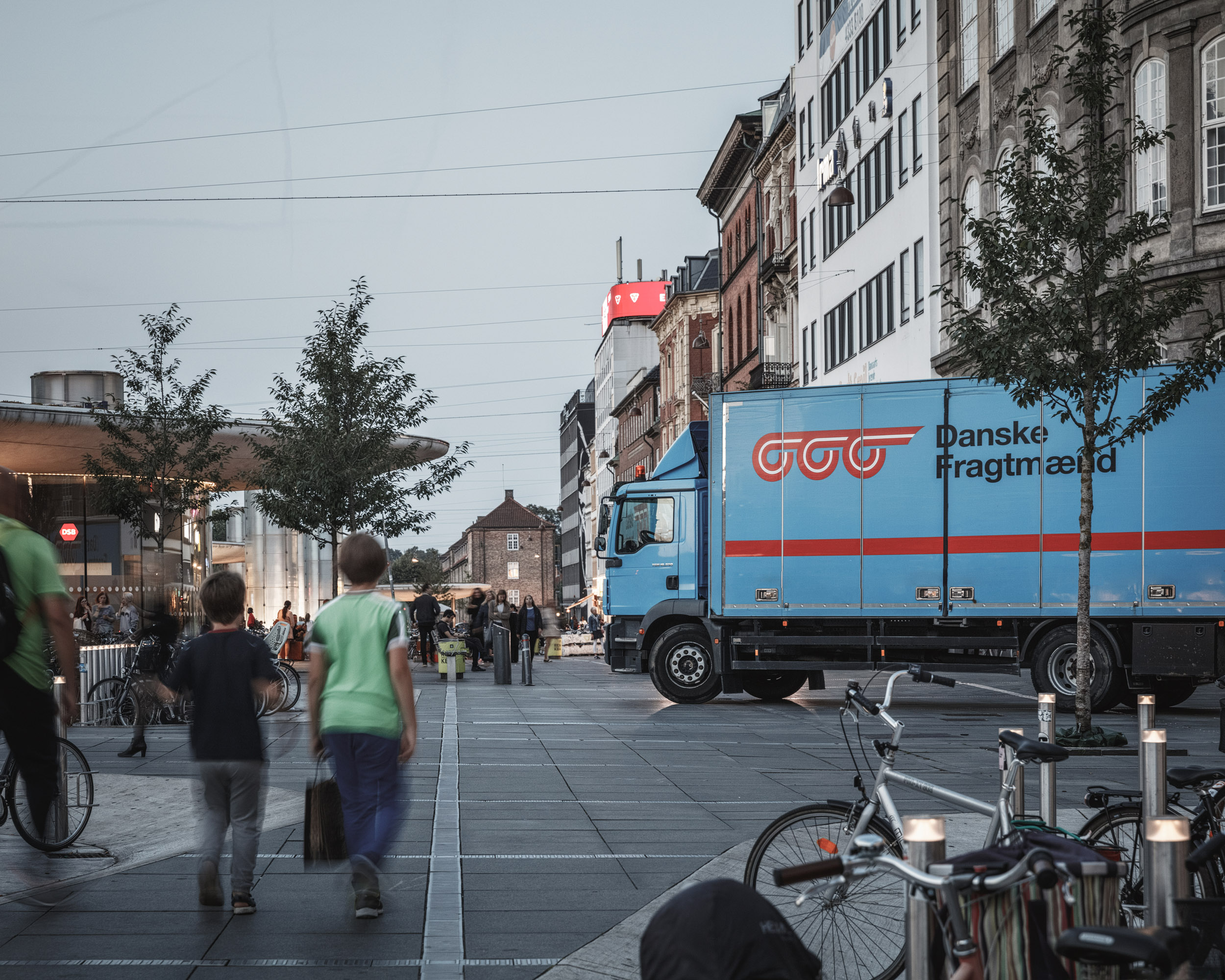Taxes discourage Danish carriers from green transition
11 July 2019
The Paris Agreement, the UN Sustainable Development Goals and a goal on the part of the Danish government for a green transition within the transport industry now makes the largest players in the industry sit up. Danske Fragtmænd A/S calls into question how, with the existing tax structure on green fuels, the transport industry is to be able to contribute to reaching the climate objective of a 70% reduction in the CO2 footprint by 2030.
At Danske Fragtmænd, the company is currently working on a sustainability report which will explain how the company works towards the global UN goals. And there is a great willingness and commitment to change the company’s many transports to a more environmentally friendly set-up.
- As one of Denmark’s largest transport companies with 1,600 lorries on the roads every day, we are very aware that our company leaves a significant carbon footprint on the environment. Therefore, we are naturally interested in the possibilities of reducing our CO2 emission and actively keep up with the technological development and the political landscape in the area, says Jørn P Skov, Managing Director of Danske Fragtmænd. However, despite the company’s willingness and commitment to the green agenda, Jørn P Skov sees great challenges in initiating the green transition within Danske Fragtmænd.
- Within the mixed cargo market, which is the primary market of Danske Fragtmænd, the overall profit ratio is very low and it is, therefore, very significant to the company’s profit margin that it may produce its service at the lowest cost possible. The tax structure on green fuels in Denmark is not attractive which makes the green transition very difficult within Danske Fragtmænd and within the transport industry in general. Moreover, the range and operating costs of e.g. electric lorries will not able to match the production conditions of Danske Fragtmænd in the near future.
In line with the trade organisation Dansk Transport og Logistik, Danske Fragtmænd believes that the quickest way to reducing the CO2 emission of the industry will be to ease the taxes on the so-called HVO biodiesel. The carriers are able to easily use the biodiesel in the lorries and Swedish carriers do so on a large scale. However, in Denmark, the cost of biodiesel is DKK 4.50 per litre more than ordinary diesel. And Jørn P Skov believes that this keeps Danish carriers from using it:
- Using HVO diesel may reduce the CO2 emissions of lorries by up to 90 percent but the high price discourages the carriers from using it. If prices were more acceptable, HVO diesel could be an immediate solution until e.g. the technology of electric lorries could match the industry’s need for greater ranges.
At the lorry manufacturer Volvo Trucks Danmark, the concerns of Danske Fragtmænd are shared and Volvo Trucks encourages the politicians to ease taxes in the area to make green transition more attractive to the industry.
- We already have the technology in place with electric lorries for shorter distances and LNG lorries for longer distances and all our newer diesel engines are also able to use HVO. Unfortunately, our neighbouring countries are far ahead of Denmark in terms of facilitating the implementation of more environmentally friendly transport. In those countries, we already sell LNG lorries but Denmark is short of service stations and Denmark does not have the attractive taxes that exist elsewhere. We are experiencing great difficulty in introducing the green lorries to the Danish market, one reason being that the infrastructure and incentive are not present. In other words, there is a need for political focus on the issue, states Lars Bo Larsen, Managing Director of Volvo Truck Danmark.
All we can do now is to await the proposals of the new government for how Denmark and thereby the transport industry is to meet the 2030 climate objective.
- We shall be very excited to see which initiatives will be implemented by the new government because there is no doubt that the climate issue has come to stay. The transport industry is clearly one of the major climate sinners, and if the government wants a green transition it will have to become familiar with the reality in which the transport industry operates. This requires an insight into our operation conditions which the politicians can only achieve by involving the transport companies in the process, concludes Jørn P Skov.
Facts
- What is HVO biodiesel? HVO biodiesel is a 100-percent biological diesel oil which largely has the same technical properties as fossil diesel. HVO may be mixed with fossil diesel or used as 100% clean HVO for diesel engines.
- What is LNG? Liquified Natural Gas (LNG) is a liquid form of natural gas.










